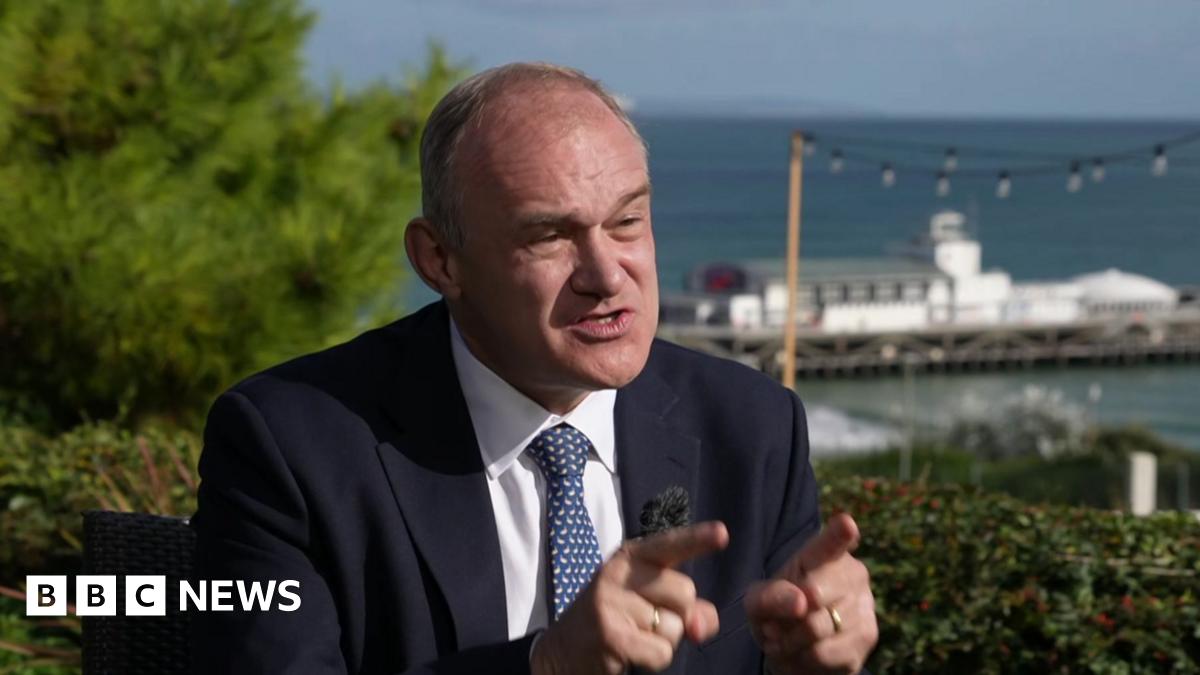“I think he’ll thrive as slightly older than younger,” she said. Early childhood education expert Kay Margetts estimates the number of children repeating kindergarten has jumped from 3 per cent to 10 per cent in recent years. “I think parents these days have a greater awareness of the importance of children being ready to move into school to respond positively to the challenges that school can bring about for children,” said Margetts, an associate professor at the University of Melbourne. Early childhood teachers assess children’s transition plan to school from four-year-old kinder, and a funded second year of four-year-old kindergarten is free for children who have delays in two or more developmental areas. Schools can accept students who turn five in prep during April, but any later is a cut-off.
A joint survey of 226 parents by the University of Wollongong and Macquarie University found two-thirds intended to hold back their children from entering school for a year. Their reasons included the child’s gender, their socio-emotional and behavioural readiness, concerns about child and family milestones, parents’ work plans and childcare costs. One survey found two-thirds of parents intended to hold their children back from entering school for a year. Credit: iStock Australian Bureau of Statistics data shows that in 2024 there were more than 4000 children in Victoria and 8000 in NSW who repeated a year of state-funded preschool. Peter Hurley, the director of the Mitchell Institute at Victoria University, said the increase in vulnerability for children assessed in the Australian Early Development Census could be due to the impacts of the COVID-19 pandemic, which increased stress on families, resulted in increased screen time and meant fewer opportunities for socialising, as well as cost-of-living pressures.
Hurley said families needed to make these decisions based on what was right for them. Loading “Overall, student cohorts that start school behind can stay behind,” he said. But if students started behind in some areas, he said, with the right support, they could catch up later. Mornington Peninsula mother of three Miranda Foster said each of her children needed different approaches when it came to starting school. After her son repeated, the family was concerned their second child, a daughter, might also need a second year of four-year-old kindergarten.
“Our gut feeling was that she wasn’t going to be ready. So we raised it really early on with her kinder teacher that we had concerns that she may not be ready for school, and she was very socially anxious,” Foster said. “We found that a lot of my daughter’s social anxiety resolved during the extra year of kinder. So we have no regrets repeating her and know that for our daughter it was the right decision.” Foster was one of the younger children at school when she was a student. “I actually repeated a grade at school and it was very obvious early on that I wasn’t coping with school,” she said. Foster’s daughter began prep this year, and found the transition relatively easy. Her third child, also a daughter, will be going straight to school.
Loading “I think it is definitely what’s right for your family and what’s right for your child,” she said. Margetts said that occasionally it was the parents who weren’t ready to send their child to school. “It can be the family … maybe not really wanting to start school, not wanting a child to grow up,” she said. “I think also it’s about parents being open to changing their own lifestyles in a way. “It can mean changing your daily timetable and habits and making sure you get up early and get prepared and so forth.”
[SRC] https://www.smh.com.au/politics/victoria/our-gut-feeling-parents-put-intuition-before-calendar-dates-for-school-start-20251001-p5mzav.html
 Visit the website
Visit the website







